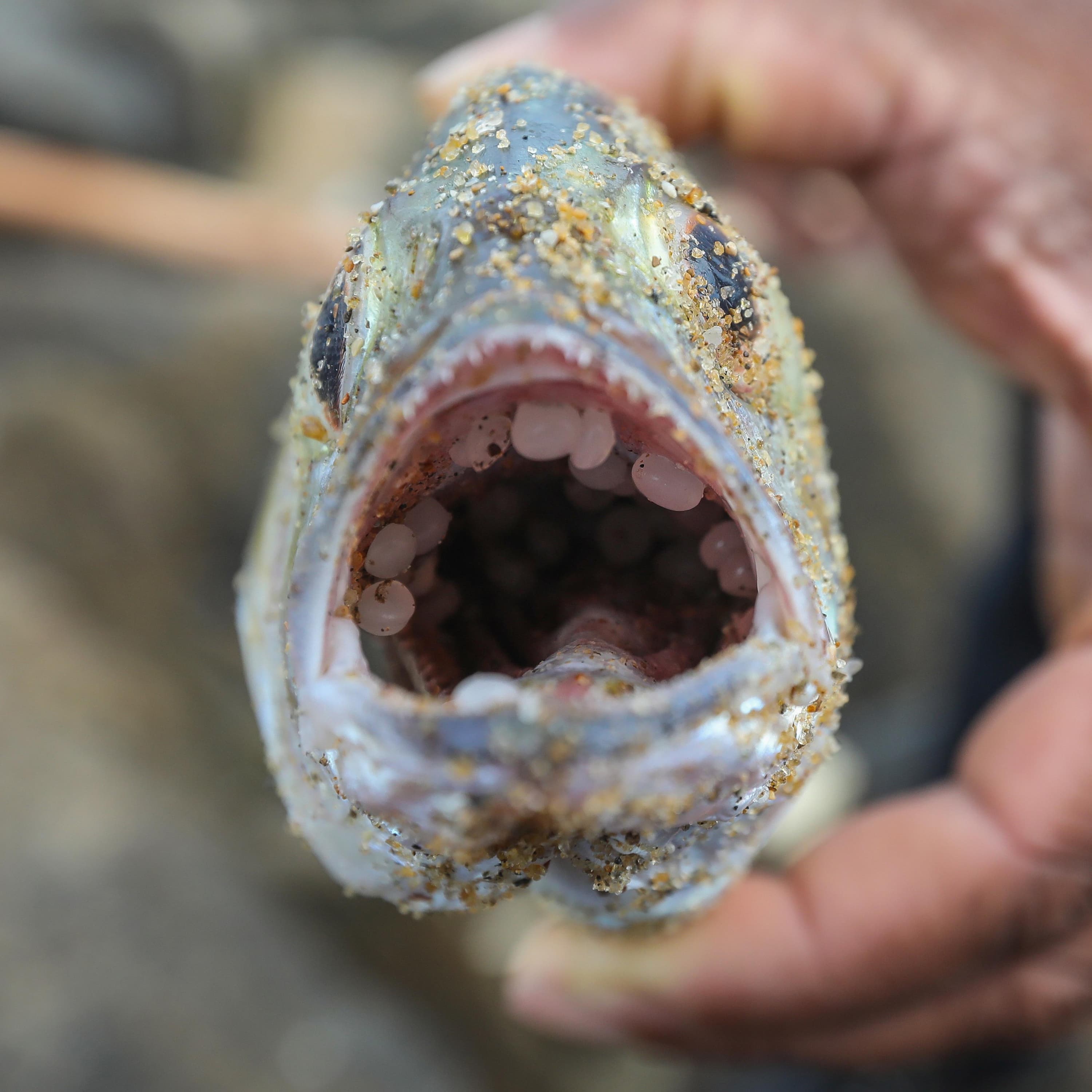
Could moth larvae be the answer to our plastic problem?
Loading player...
Plastic pollution is damaging the health of the environment, wildlife and us. It has been found on remote islands, in Antarctic snow and in human blood, breast milk and lungs. Alongside rapidly reducing how much plastic we produce, we also need to find new ways to tackle the waste we have created. Madeleine Finlay speaks to the Guardian’s environment editor, Damian Carrington, about the discovery of an enzyme that can rapidly break down plastic bags – found inside the saliva of wax worms – and where else we might find solutions in the natural world. Help support our independent journalism at theguardian.com/sciencepod




